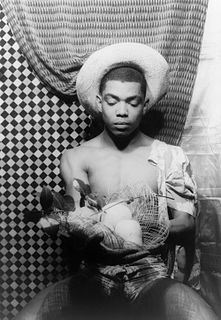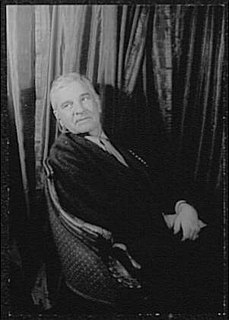A Quote by Michael Eric Dyson
I was trying to write a straightforward book of sociological analysis, or at least cultural criticism, and I failed.
Quote Topics
Related Quotes
DeFrantz's study...is not the first book about the protean Ailey, who was born in hardscrabble Texas in 1931 and died in 1989 after creating close to 80 works. But it is perhaps the most comprehensive, combining biography, criticism, the analysis of dance criticism, and a sort of corporate history, siting the now firmly established Alvin Ailey American Dance Theater in the international cultural landscape.
I think, for me, there's The Book I Should Write and The Book I Wanted to Write - and they weren't the same book. The Book I Should Write should be realistic, since I studied English Lit. It should be cultural. It should reflect where I am today. The Book I Wanted to Write would probably include flying women, magic, and all of that.
With a book called 'Keeping Score,' I really did want to write a book about the Korean War, because I felt that it is the least understood war in the American cultural imagination. So I set out with the idea that Americans didn't know much about the Korean War and that I was going to try to fix a tiny bit of that.
The way I feel about every book is this: you don't finish it, you abandon it. All of my books have in some sense failed, otherwise I wouldn't write another one. If I wrote the perfect book, I wouldn't have to write again, and I wouldn't want to. That's not true for everyone, but it's true for me. I could walk away then. But so far I haven't managed to do it.
You have to surrender to your mediocrity, and just write. Because it's hard, really hard, to write even a crappy book. But it's better to write a book that kind of sucks rather than no book at all, as you wait around to magically become Faulkner. No one is going to write your book for you and you can't write anybody's book but your own.
Luckily, I remembered something Malcolm Cowley had taught us at Stanford - perhaps the most important lesson a writing class (not a writer, understand, but a class) can ever learn. 'Be gentle with one another's efforts,' he often admonished us. 'Be kind and considerate with your criticism. Always remember that it's just as hard to write a bad book as it is to write a good book.'
Being in Marin City was like a small town so it taught me to be more [straightforward] with my style. Instead of of being so metaphorical with the rhyme, I was encouraged to go straight at it and hit it dead on and not waste time trying to cover thingsIn Marin City it seemed like things were real country. Everything was straightforward. Poverty was straightforward.


































